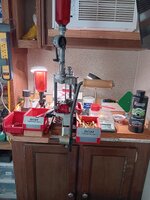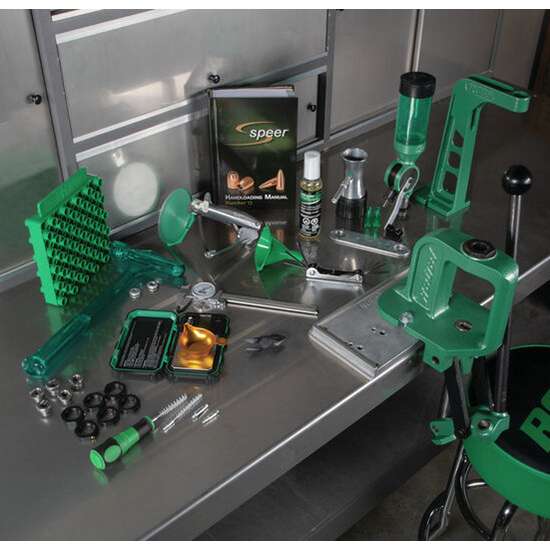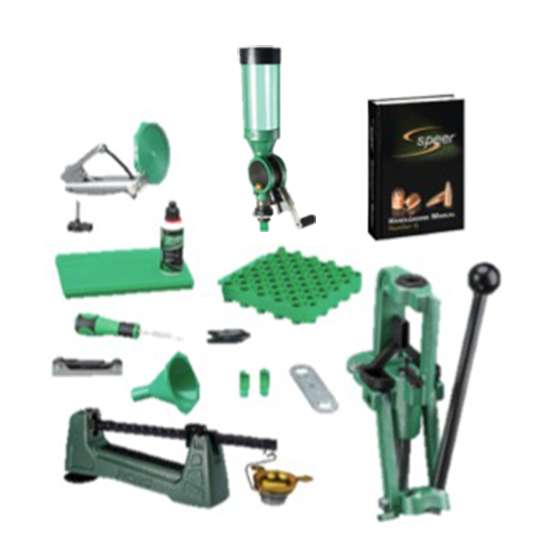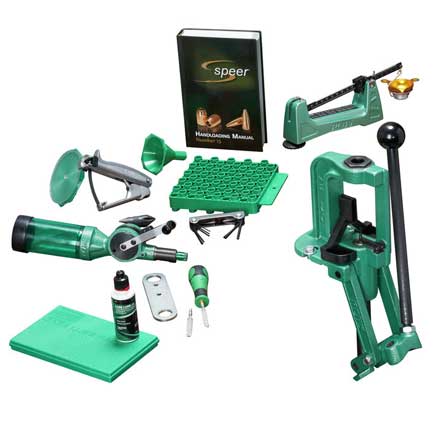- Messages
- 2,581
- Reactions
- 5,915
There are several people in this forum who really know what they're doing and have a lot of experience. You came to the right place. If you are really interested, do your homework from the suggestions above and don't be afraid to ask questions. Most of us are quite open to a PM If you want to keep it private. I myself have answered many a PM. My mailbox is always open and I know others have as well.I've been thinking about getting into reloading lately. I'm not a gunsmith by any means, but I've built a few AR's, I've tinkered with triggers, done some repairs, changed out springs and detents, done some playing around with lots of little moving parts. I've really enjoyed all the time I've put into little projects, but my space is extremely limited and for various other reasons, all my hobbies have either dwindled away or been back-burnered more or less indefinitely. I've always been interested in loading my own ammo, and I think it would be a great hobby to do a little bit of tinkering with a little bit of free time here and there if and when that comes along.
Here's the thing, I don't know my azz from a hole in the ground when it comes to reloading. I know the bullet profiles and grain weights for a variety of different calibers, but I have no clue which powders I would need or what primers are appropriate for certain rounds. Are there different primers for different powder loads? I heard some casings need to be resized or reamed? What does it take to clean and prep fired casings? And the equipment... I have no clue what equipment I would need, do I need different equipment for rifle vs pistol, I've got no clue how much I'd be spending just to load my first round. How do I know if that equipment is reliable and can provide consistent quality? Do I need ventilation? How much space does it actually take? Would it be practical or safe for me to have a setup on a desk in the corner of my apartment bedroom?
I guess I can look up all my questions and find some youtube videos, but does anyone have some insight? Where would I even start? Are there any good resources for information you'd suggest for someone with limited space, no experience, and no real working knowledge of the craft?
Saving money aside (that's a good laugh
Don't worry about space. I have a full progressive reloading setup in my 18 foot travel trailer and it works quite well. Where there's a will, there's a way.

Also, I cast my own bullets. Some of us are sicker than others. I enjoy it and that is all that matters. You sound like you are in. Welcome to the healthy addiction.
















